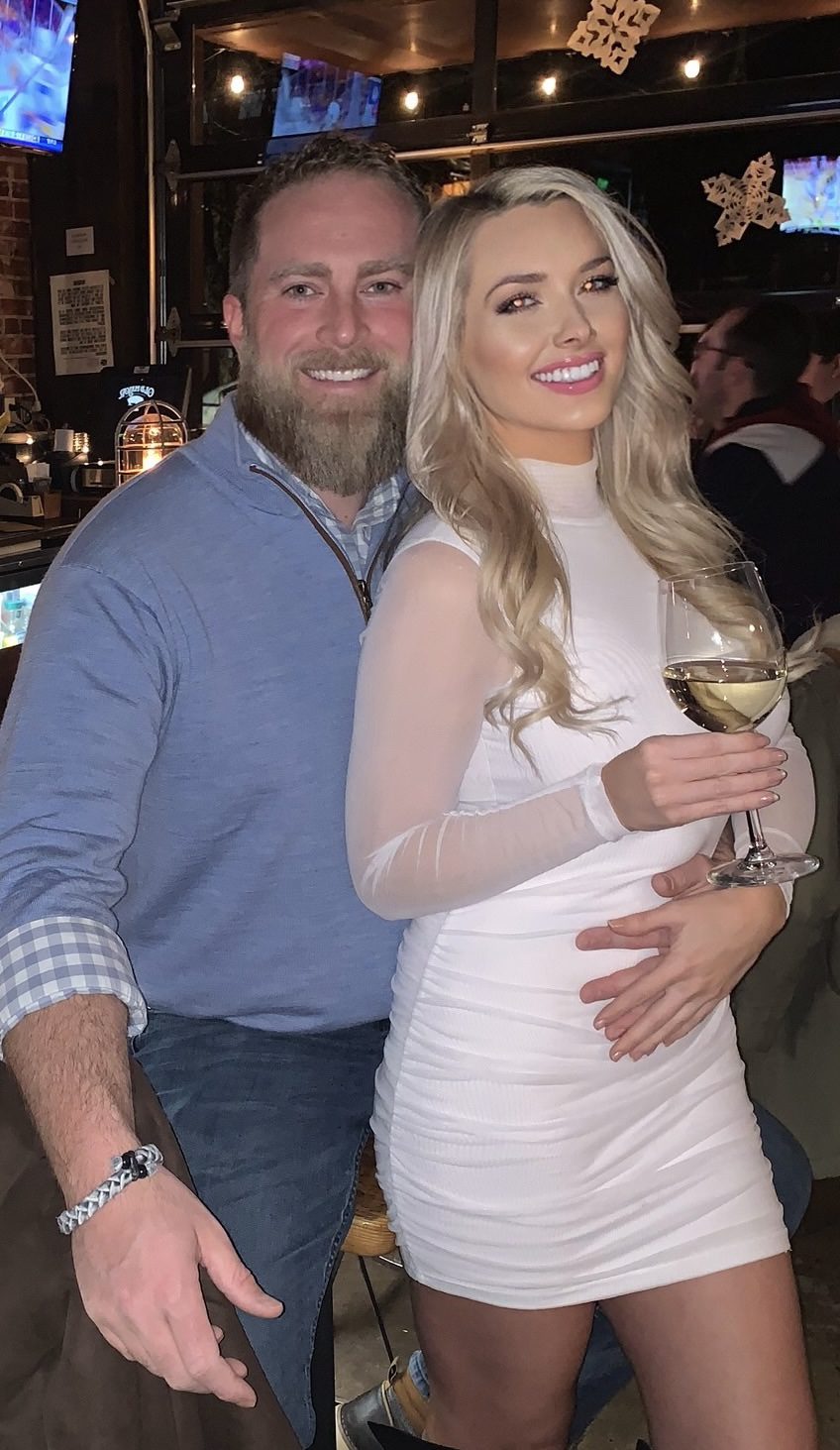[Wriiten by third-party author]
The inquiry has shifted from “is it possible to have it all?” (for women, at least, the answer is quite firmly “no”) to “which should come first—career or family?”
Thanks to advancements such as in-vitro fertilization (IVF) and the ability to freeze eggs, women like myself can chase our aspirations without the nagging worry about our limited egg reserves waning.
At 38, I am gearing up to begin a family, yet I wrestle with unsettling questions that escaped me when, seven years ago, I initially decided to freeze my eggs: If a court recognizes embryos as having rights, am I guaranteed access to IVF? Can I be assured of my safety during pregnancy in this country?
At 26, I was an anchor for local news in Canberra, Australia’s capital. I was engaged, and my fiancé and I had just settled into our first house together. Life seemed perfect, on the surface. Yet I felt stifled. The realization struck me while I was exploring wedding venues, engaging with the same enthusiasm as one would when selecting new bed linens. So, I made the most of my dual citizenship and bolted.

Upon achieving my dream role at CNN in the U.S., I dedicated myself to making that relationship work. For nearly a decade, I produced, wrote, and reported news, working tirelessly most weeks and often on holidays. Eventually, I hit the jackpot as an ambitious woman—a company policy that allowed me to freeze my eggs without cost.
If you browse TikTok, you’ll encounter a plethora of ideological opposition to my choices: composed young women in traditional outfits, baking rhubarb pies with toddlers clinging to their legs. While I would rather discard any clothing item requiring ironing, these “traditional wives” find joy in steaming and neatly pressing their husbands’ shirts. They bask in their decision, just as I did in mine.
As I administered the final injection before the egg retrieval, a wave of tranquility washed over me. I dared not ponder the ethical implications of corporate influence and exploitation—are women being enticed to postpone their most fertile years to minimize the impact of maternity leaves on corporate profits?—and I cast aside the signs that indicated my profession was facing an uncertain future.
The truth is that women today are caught in a struggle between a rising conservative wave advocating for early domestic life and progressive companies promoting relentless career pursuits. Both perspectives stem from the same troubling patriarchal root.
With time, I grew weary of the criticism directed toward my career and acknowledged the reality that opportunities in my industry were sharply declining. The warnings became clear, so I fled—again.
By that time, I was in my mid-30s, unemployed, single, and drifting westwards without a clear plan. Then, I encountered a rugged mountain man while into a brief stay in Denver, Colorado. Late-night discussions over whiskey soon pivoted to the topic of children, which tends to happen rather quickly when dating after 35. Fortunately, my frozen eggs granted us the luxury of time. So we delayed. We traveled. We created memories. We ventured further west. We adopted a dog.


Now, we believe time may be slipping away. We find ourselves in a position where we can only manage one child. But, we reassured ourselves that it was acceptable. After all, we both came from families of one. We envisioned ourselves as representatives of a contemporary American narrative: older, IVF-assisted, where our decisions about family size are increasingly dictated by the high cost of living.
I recently underwent surgery to eliminate scar tissue from my cervix and uterus to decrease the chance of experiencing a miscarriage. Yet, the most significant obstacle to my aspirations of motherhood remains that seemingly generous gift of time granted to me years ago; the harsh reality is that delaying childbirth elevates the risk of miscarriage.
As I survey an unoccupied room designated for a nursery, I contemplate whether my career was worth potentially sacrificing motherhood. Additionally, I grapple with what is truly absent from that space: the aspirations for my future and the trust in medical advancements that I felt when I first injected myself years prior.
My thoughts drift to Avery Davis Bell, who faced a harrowing miscarriage and pleaded for medical care. In Georgia, where I had once lived and worked at CNN, health professionals were mandated to leave her deceased fetus in her infected womb until the state-required 24-hour timeframe elapsed. This waiting period, designed to provide time for pre-abortion counseling, nearly cost her life.
If I were in Texas, my pregnancy might lead to dire consequences. It did for Josseli Barnica and Nevaeh Crain. Both women could have survived their partial miscarriages, but their physicians were caught in a moral quagmire: adhere to the Hippocratic oath to “do no harm” or risk facing lengthy prison sentences under some of the nation’s most stringent abortion regulations.
Indeed, this is not universally the reality across the United States writ large. However, in a climate under Trump and amid efforts to curtail reproductive rights, can women across any state truly feel secure right now?
While tragic stories of preventable fatalities during pregnancy and childbirth are less common now, I worry we may be reverting to an earlier time when they were not. We are seeing a sharp decline in births alongside an increase in women choosing to have children later in their reproductive years. If frightened women feel compelled to devise cross-state escape strategies and source abortion pills independently as part of their pregnancy preparations, just how much further will our birth rate plunge?


